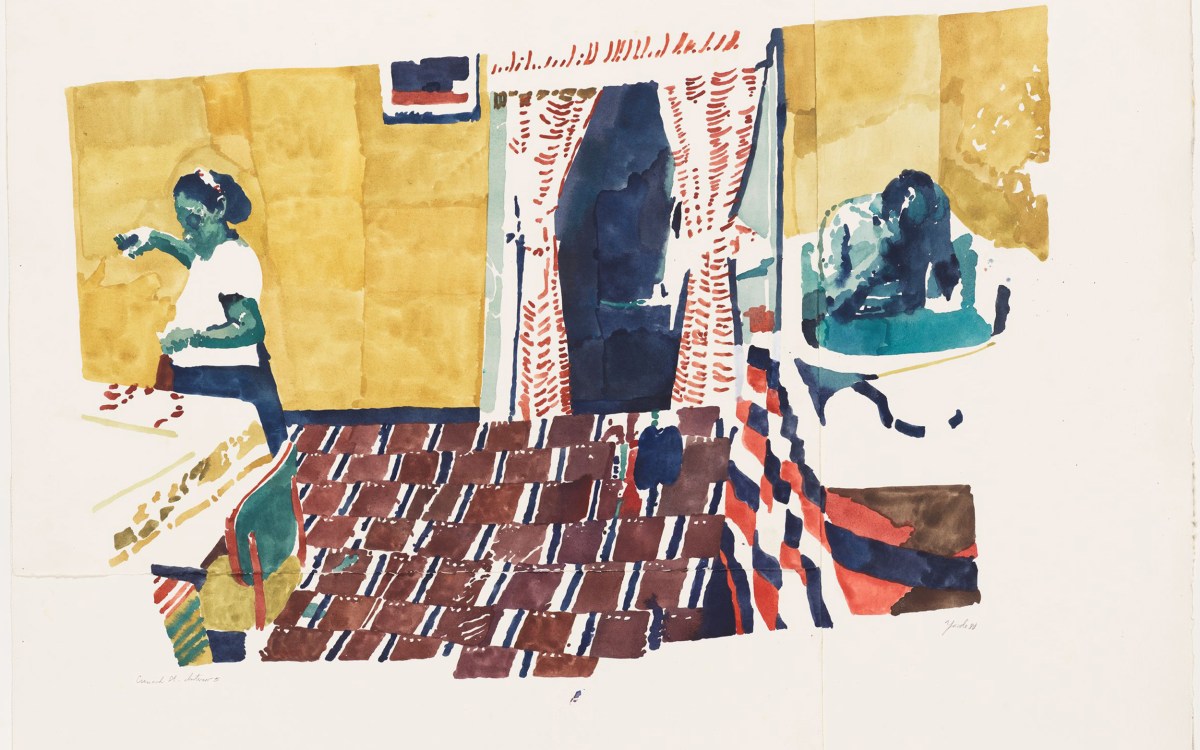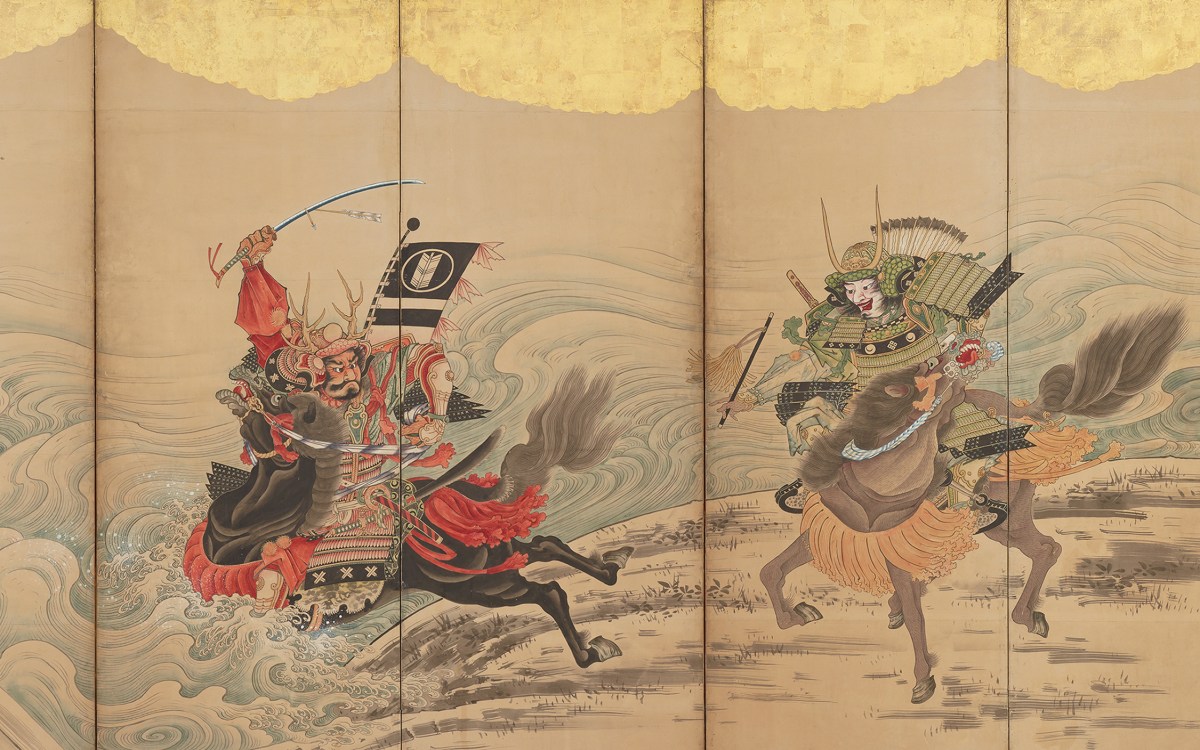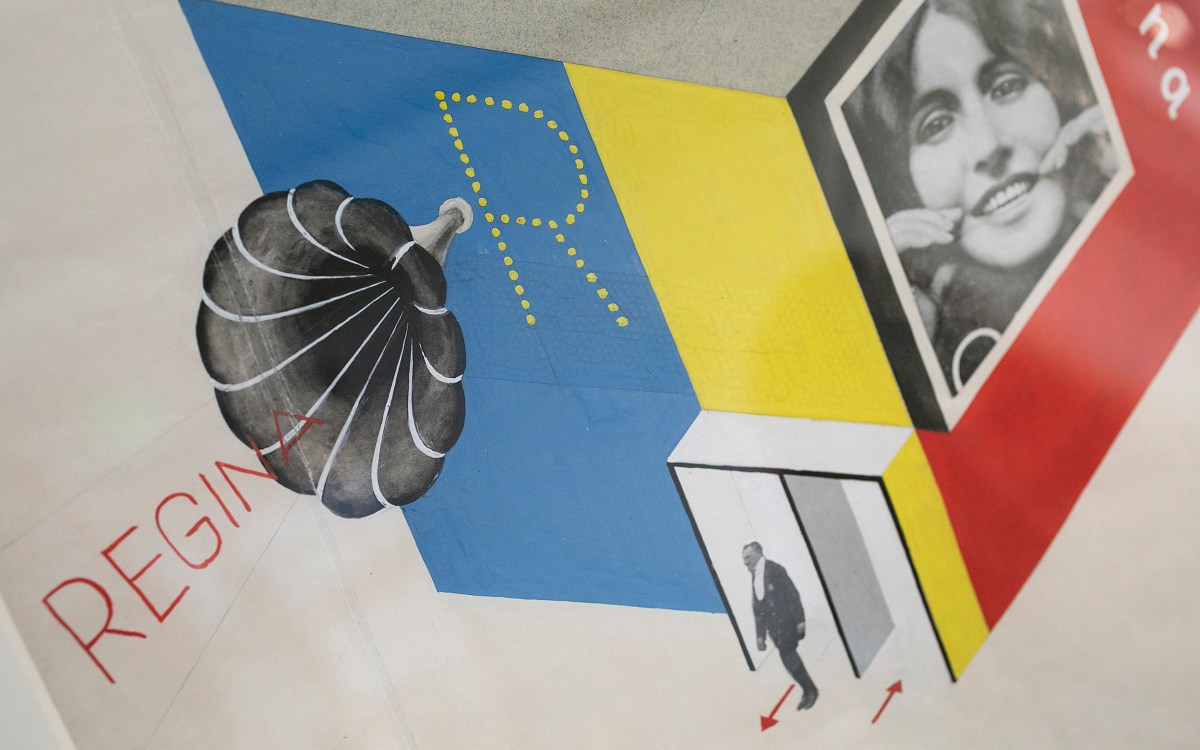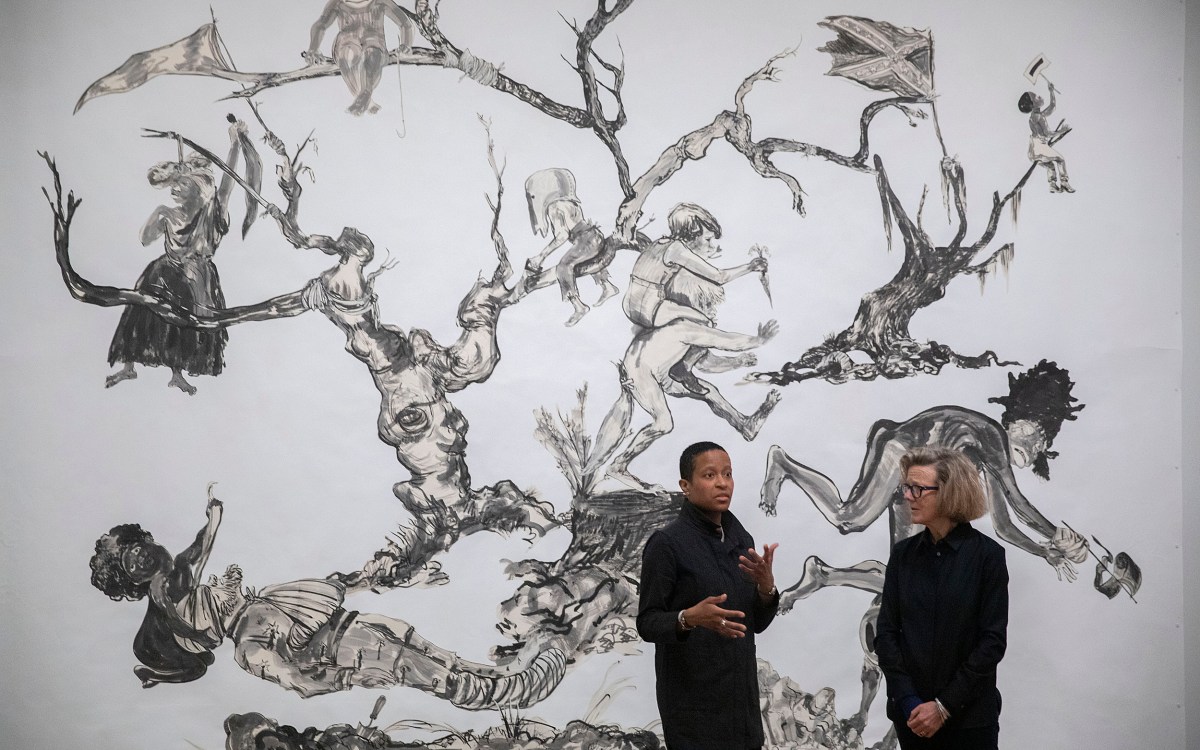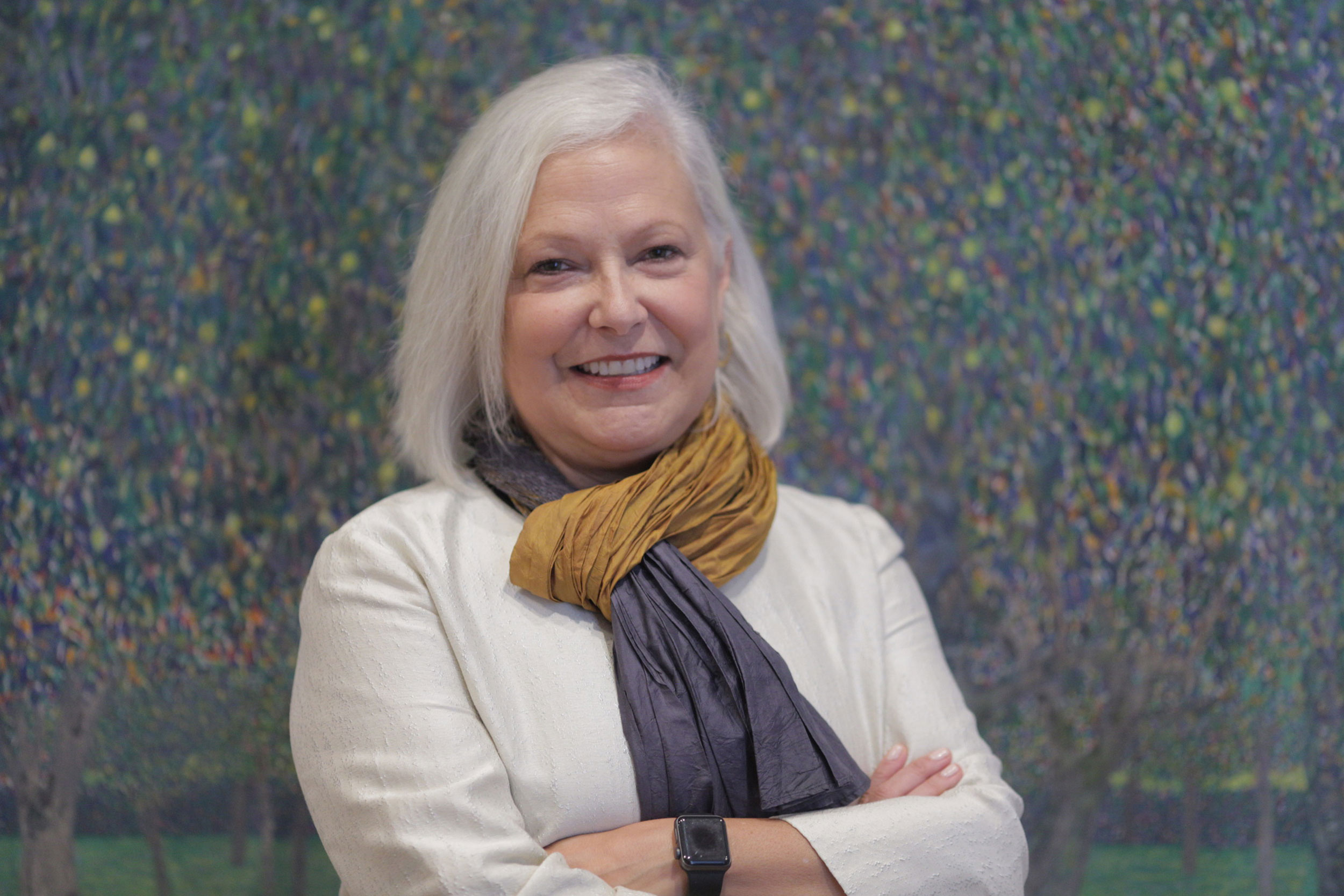
Photo by Danny Hoshino © President and Fellows of Harvard College
Martha Tedeschi to retire as director of Harvard Art Museums
Seven-year tenure prioritized expanding access, making admission free to all visitors
After successfully leading the Harvard Art Museums for more than seven years, Martha Tedeschi, the Elizabeth and John Moors Cabot Director of the Harvard Art Museums, will retire from her role on June 30, 2024.
In a message to the Harvard Art Museums’ community, Harvard Provost Alan M. Garber noted Tedeschi’s “eloquent voice for the power of art to enrich our lives, to connect us with our past, and to foster understanding across cultures.”
“Her efforts to expand access to the museums,” he wrote, “culminating earlier this year in a groundbreaking new free admission policy, have attracted a wide range of visitors to the museums, whether they are experiencing their phenomenal collections and exhibitions for the first time or rediscovering all that the museums have to offer.”
Tedeschi’s success during her tenure was due in no small part to establishing a strong and unified senior leadership team, including the recent hiring of the new deputy director, as well as key hires across the departments. Her efforts diversified the leadership and curatorial teams and focused on promotions from within.
“Her efforts to expand access to the museums, culminating earlier this year in a groundbreaking new free admission policy, have attracted a wide range of visitors to the museums.”
Harvard Provost Alan M. Garber
Her steady hand guided the organization through the pandemic, beginning with the closure of all the museums in March 2020 and continuing with her tireless efforts to plan and successfully reopen them in September 2021. During this unprecedented period, she also guided the museums’ rapid pivot to virtual programming and teaching, and found this strategy not only garnered the museums a large global audience but removed barriers that had prevented many visitors from participating in programs.
Upon reopening, Tedeschi supported new admission initiatives, including free Sundays starting September 2021 and free Thursday evenings once per month as of April 2022. The museums attracted on average 1,500 to 2,000 visitors each Sunday and at each Thursday evening event, many of whom were coming for the first time.
Throughout her tenure, Tedeschi worked closely with then-President Larry Bacow to devise a strategy to offer free admission permanently. This June, the museums announced the adoption of this new policy, which was made possible by a generous contribution from the estate of David Rockefeller and support from the Office of the President. Since then visitors to the museums have nearly doubled.
“I am enormously grateful for the opportunity to work with such a talented staff and for all that we have achieved together over these past seven-plus years,” said Tedeschi. “I also am filled with confidence about the future of this remarkable institution, and I know that I can count on the continued commitment of our team to advance the museums’ values and purpose. It has been a true honor to be at the helm of an institution so completely dedicated to research, teaching, professional training, and expanded public access and a joy to work across disciplines and in collaboration with students, faculty, University leadership, and the public.”
Tedeschi’s other access-related initiatives have included: dedicating resources to photographing and digitizing the collections for the museums’ website; campus partnerships with the Harvard University Native American Program, Harvard Museums of Science and Culture, the Hutchins Center for African & African American Research, and others; the creation of a new position for community partnerships; and prioritizing the teaching work of the museums through continued outreach to faculty and students across a range of disciplines.
During her time as director, Tedeschi also led the museums’ curatorial team in the development and creation of several highly celebrated and critically acclaimed exhibitions, including “The Bauhaus and Harvard,” “Winslow Homer: Eyewitness,” “Crossing Lines, Constructing Home: Displacement and Belonging in Contemporary Art,” “Painting Edo: Japanese Art from the Feinberg Collection,” “Devour the Land: War and American Landscape Photography Since 1970,” “Prints from the Brandywine Workshop and Archives: Creative Communities,” “Crossroads: Drawing the Dutch Landscape,” “Dare to Know: Prints and Drawings in the Age of Enlightenment,” “From the Andes to the Caribbean: American Art from the Spanish Empire,” and the recent, highly successful “American Watercolors, 1880–1990: Into the Light.”
Tedeschi has overseen the museums’ acquisition of several significant works and collections, including a monumental Kara Walker drawing, nearly 50 works by major figures in postwar German art from the collector Dorette Hildebrand-Staab, 330 16th- to 18th-century Dutch, Flemish, and Netherlandish drawings from the collection of Maida and George S. Abrams, including a Rembrandt drawing, and additional works and support from Robert and Betsy Feinberg for the exhibition, publication, and care of their collections, including their promised gift of approximately 300 Japanese works of art.
Prior to joining Harvard, Tedeschi served as the deputy director for art and research at the Art Institute of Chicago. Tedeschi earned her B.A. from Brown University and her Ph.D. from Northwestern University, both in art history. She is a specialist in British and American art, with a strong interest in the history of printmaking in early modern Europe. She was president of the Print Council of America from 2009 to 2013, has served on the board of the Association of Art Museum Curators, and was awarded a fellowship to the Center for Curatorial Leadership in 2012.
Harvard will immediately begin a search for the museums’ next director.


